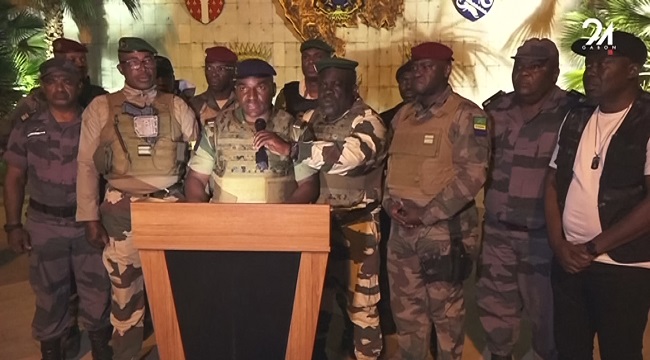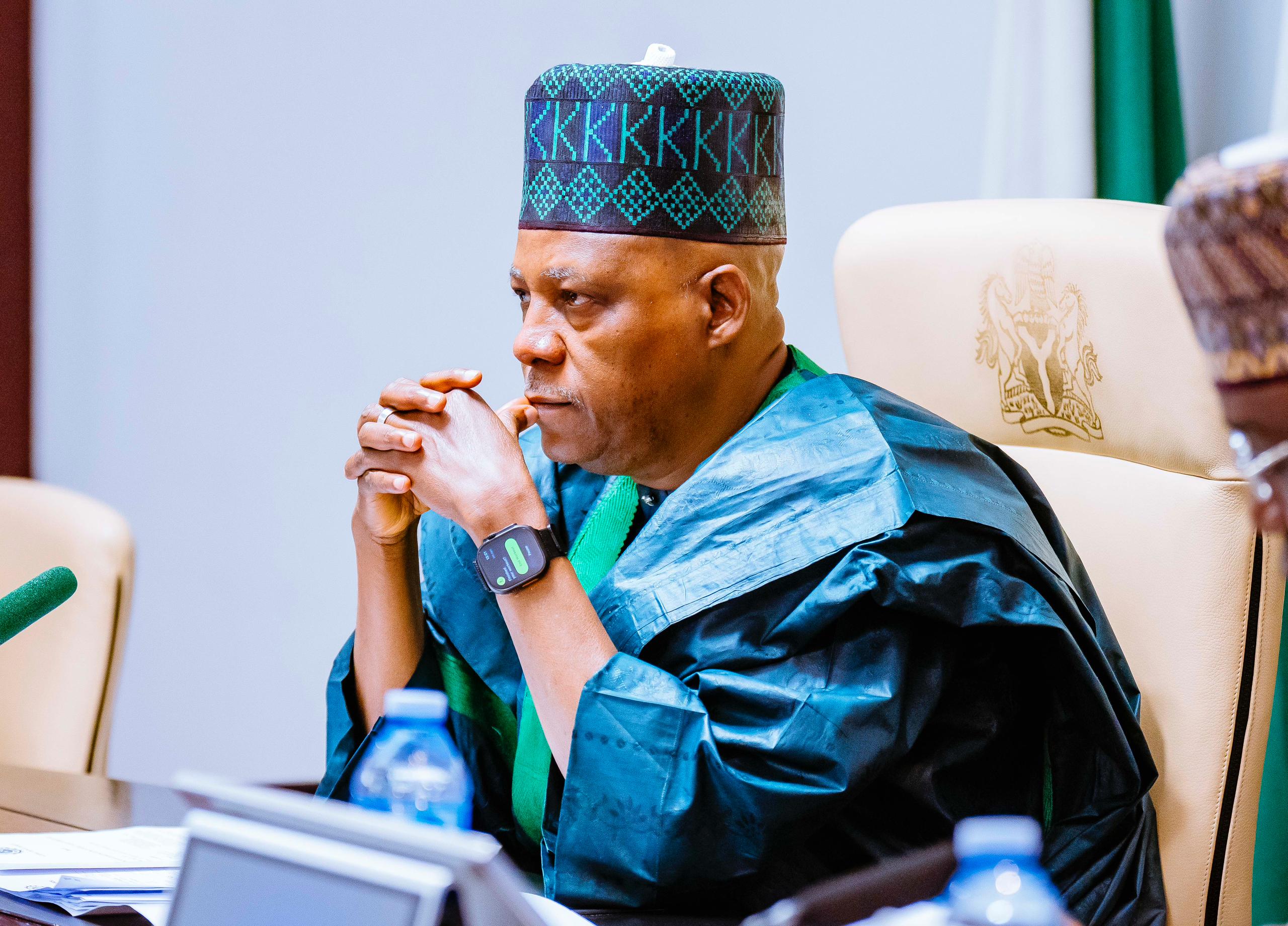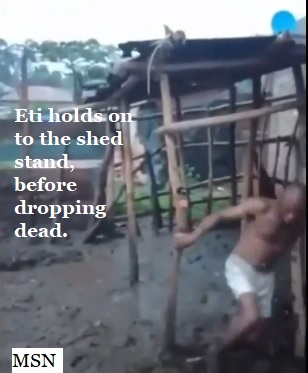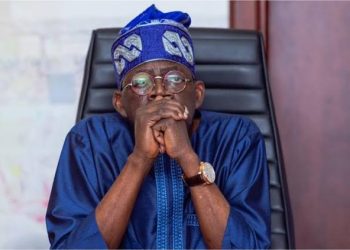The military has announced a coup in Gabon, deposing President Ali Bongo, who was declared winner of Saturday’s election in the country.
Bongo, who came to power after the death of his father in 2009, won a third term in an election which opposition argued was heavily disputed.
The country’s electoral body earlier declared that Mr. Bongo received over two-thirds of the votes, a figure that the opposition has challenged owing to claims of electoral fraud.
Sporadic gunfire has been reported in Libreville, the Gabonese Capital city.
The BBC quoted soldiers to have appeared on Gabonese national television in Gabon to say they had taken power.
The coupists also announced the annulment of Saturday’s election.
Twelve soldiers reportedly appeared on television to announce that they were cancelling the results of the election and dissolving “all the institutions of the republic”.
“We have decided to defend peace by putting an end to the current regime,” one of the soldiers was quoted as saying on TV channel Gabon 24.
The soldier cited “irresponsible, unpredictable governance resulting in a continuing deterioration in social cohesion that risks leading the country into chaos”.
The Gabonese Election Centre (CGE) had declared Bongo winner of the election on Wednesday with 64.27% of the votes cast.
Michel Bonda, CGE head, said Bongo’s main challenger, Albert Ossa, had polled second with 30.77%.
Bongo’s team have rejected Ossa’s allegations of electoral fraud and irregularities.
Tensions have been running high in Gabon with fears of unrest, following the presidential and parliamentary elections.
Bongo’s overthrow would end his family’s 53-year hold on power. He became president when his father Omar died in 2009.
The development comes amid the move to resolve the removal of a democratically elected president in Niger Republic.
Both the Economic Community of West African States (ECOWAS) and African Union (AU), which have rejected the coup in Niger, are yet to react to the situation in Gabon as of the time of filing this report as developments are still unfolding.









